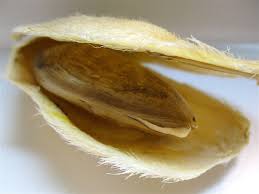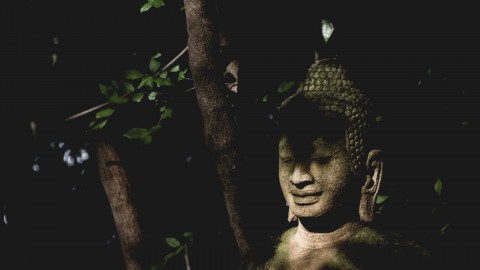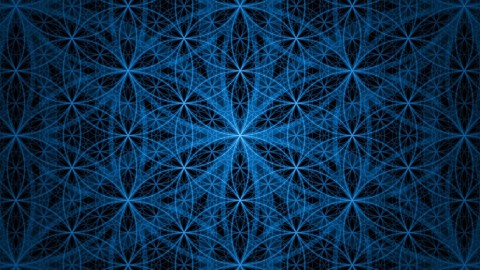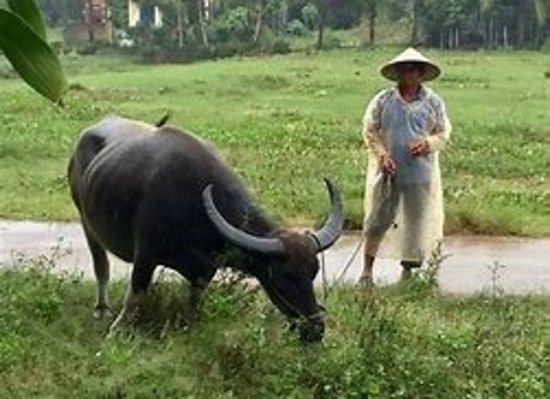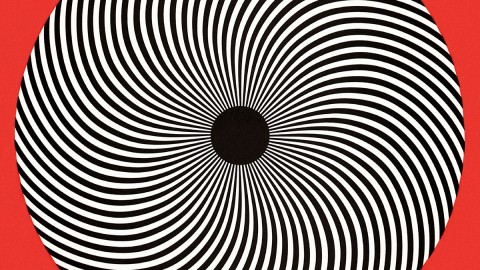Knowledge, Information and Experience
Scientific name is Mangifera indica.
Mango, the “king of the fruits” is widely loved. In Ayurveda, each part of a mango tree is said to be beneficial – seed, flowers, fruit and the bark. All of us love the juicy, yellow mango fruit and are aware of its benefits.
Mango seed is a single flat oblong seed that are fibrous or hairy on the surface, the inside seed coat 1- 2 mm thick is a thin lining covering a single embryo.
Mango seeds were collected manually from mango fruits, washed to get rid of any adhering fruit flesh and then air-dried. The seeds were grinded by using grinder till became powder and are used for several purposes.
Apart from their wonderful taste, mango seed is a good source of nutrients, vitamins and minerals. Consuming 100 gram of mango seed offers 13 g of Total Fat, 32.24 g of Carbohydrate, 0.19 mg of Vitamin B6, 6.36 g of Protein, 1.3 mg of Vitamin E, 2.02 g of Total dietary Fiber, 22.34 mg of Magnesium and 0.12 µg of Vitamin B-12. Moreover many Amino acids 8.4 g of Leucine, 3.23 g of Isoleucine, 2.31 g of Histidine, 3.8 g of Valine, 2.04 g of Threonine and 3.13 g of Lysine are also found in 100 gram of mango seed.
Metaphysical meaning of Seed:
Seed–The creative idea inherent in the Word. Its nature is inherited from its parent source, God. The “seed,” that is, “the word of God,” is the real man–not the external thinking personality that has consciousness of separation, but the internal Spirit center. The seed is a generative center through which intelligence manipulates substance and produces form. In itself it is powerless to produce anything, but it is the avenue through which interior forces manifest in the outer. Man draws on the universal forces within and without, just as the tree draws on the invisible Spirit and earth, air, and water.

